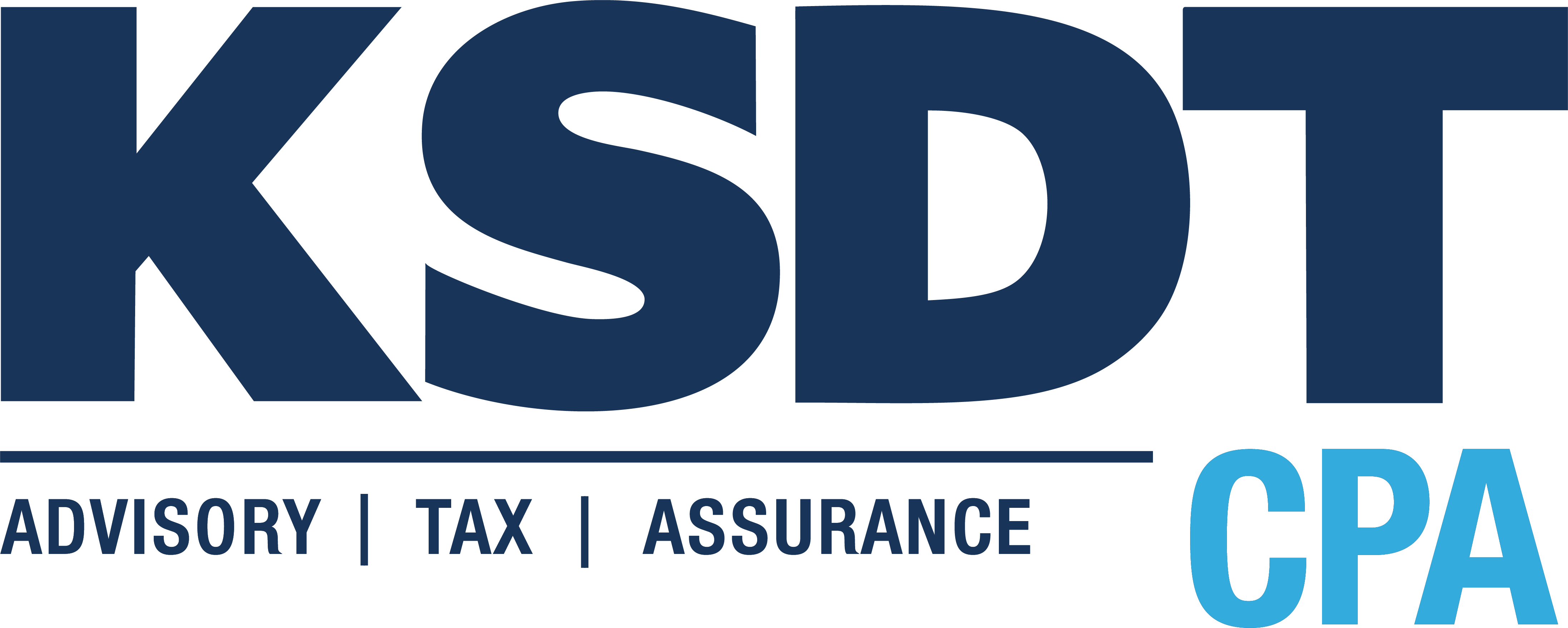
In recent years, the healthcare industry has witnessed a remarkable advancement in technology, leading to significant improvements in patient care. One such groundbreaking technology is the concept of “digital twins.” Digital twins have gained prominence across various sectors, including manufacturing, aerospace, and now, healthcare. In this article, we will explore the immense potential of digital twins in revolutionizing patient care and the opportunities they present for healthcare organizations.
Understanding Digital Twins
Digital twins can be defined as virtual replicas or simulations of real-world objects, systems, or processes. In healthcare, a digital twin represents an individual patient, capturing both their anatomical and physiological characteristics in a virtual environment. By combining data from various sources such as electronic health records, wearable devices, and medical imaging, digital twins offer a holistic view of the patient’s health status and enable personalized, data-driven healthcare interventions.
Enhancing Diagnosis and Treatment
One of the most significant advantages of digital twins is their ability to enhance the accuracy and efficiency of diagnosis and treatment planning. By analyzing real-time data from a patient’s digital twin, healthcare providers can gain deeper insights into the progression of diseases, identify potential risks, and predict the effectiveness of different treatment options. This empowers physicians to make more informed decisions, leading to improved outcomes and reduced healthcare costs.
Digital twins also enable clinicians to simulate and optimize surgical procedures before they are performed on the actual patient. By virtually replicating the patient’s anatomy, surgeons can plan their approach, evaluate different surgical techniques, and anticipate potential complications. This virtual rehearsal enhances surgical precision and reduces the risk of adverse events, ultimately leading to safer and more successful surgeries.
Personalized Medicine and Continuous Monitoring
With the advent of digital twins, personalized medicine is becoming a reality. By leveraging data from a patient’s digital twin, healthcare providers can develop personalized treatment plans tailored to an individual’s unique characteristics, including genetic predispositions, lifestyle factors, and environmental influences. This targeted approach improves treatment efficacy and reduces the likelihood of adverse reactions.
Digital twins also enable continuous monitoring of patients outside the traditional healthcare settings. By integrating wearable devices and sensors with the digital twin, healthcare providers can gather real-time data on vital signs, activity levels, and other relevant parameters. This continuous monitoring facilitates early detection of anomalies, enabling timely interventions and proactive management of chronic conditions.
Advancing Medical Research and Development
The utilization of digital twins in healthcare extends beyond patient care. These virtual replicas have enormous potential in advancing medical research and development. By simulating the behavior of diseases, drug compounds, and medical devices within the digital twin environment, researchers can accelerate the discovery and testing of new treatments.
Digital twins also enable the creation of virtual patient cohorts for clinical trials. By populating the digital twin with patient data, researchers can conduct extensive simulations to test the effectiveness and safety of new therapies. This approach reduces the reliance on traditional trial-and-error methods, shortens the time required to bring innovations to market, and minimizes the risks associated with human experimentation.
Ethical Considerations and Challenges
While the potential benefits of digital twins in healthcare are vast, their implementation does raise ethical considerations and challenges. Issues such as data privacy, security, and the potential for algorithmic biases require careful attention. It is essential for healthcare organizations to establish robust governance frameworks, ensuring the responsible and ethical use of digital twin technology while safeguarding patient confidentiality and trust.
Embracing the Future of Healthcare
Healthcare leaders must recognize the transformative power of digital twins and the impact they can have on patient care. Embracing this technology allows healthcare organizations to improve diagnosis and treatment, enable personalized medicine and more.
A digital twin is a complex technology that, when properly implemented, can effectively solve complex problems. Succeeding with digital twins requires the help of a partner that understands the technology and the processes needed to bring them to life.
KSDT CPA Advisors have decades of experience developing innovative strategies and building, deploying, and supporting advanced technologies for healthcare organizations. We understand how digital twins work, how to implement them, and their importance to the future of healthcare.
Recent Posts
- The Other Side of Focus: How Concentration Can Expose Your Business to Risk
- Discover if you qualify for “head of household” tax filing status
- Margin vs. Markup vs. Markdown: Financial Clarity for Healthcare Executives & Private Equity Firms
- What are retained earnings — and why do they matter?
- Maximize Your 2025 Tax Savings: Double Benefits with Heavy Vehicles and Home Offices
Archives
- April 2025
- March 2025
- January 2025
- December 2024
- November 2024
- October 2024
- September 2024
- August 2024
- July 2024
- June 2024
- May 2024
- April 2024
- March 2024
- February 2024
- January 2024
- December 2023
- November 2023
- August 2023
- July 2023
- June 2023
- May 2023
- April 2023
- March 2023
- February 2023
- January 2023
- December 2022
- November 2022
- October 2022
- September 2022
- August 2022
- July 2022
- June 2022
- May 2022
- April 2022
- March 2022
- February 2022
- January 2022
- December 2021
- November 2021
- October 2021
- September 2021
- August 2021
- July 2021
- June 2021
- May 2021
- April 2021
- March 2021
- February 2021
- January 2021
- December 2020
- November 2020
- October 2020
- September 2020
- August 2020
- July 2020
- June 2020
- May 2020
- April 2020
- March 2020
- February 2020
- December 2019
- November 2019
- August 2019
- June 2019
- May 2019
- March 2019
- February 2019
- January 2019
- December 2018
- November 2018
- October 2018
- June 2018
- March 2018
- February 2018
Categories
Partner with Us:



Recent Comments